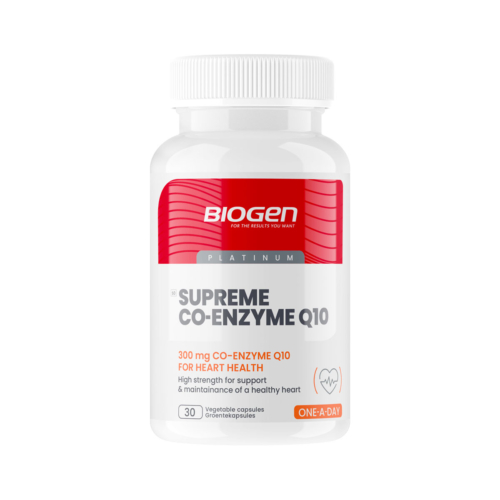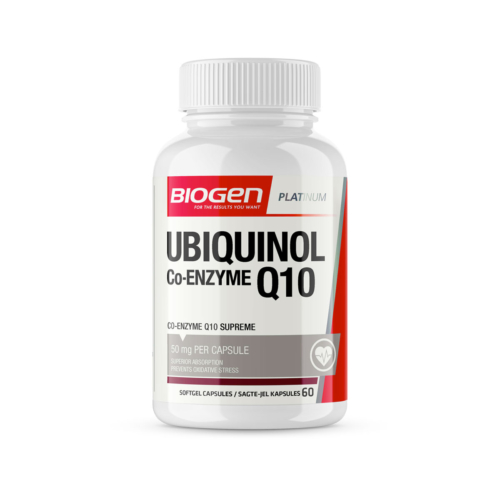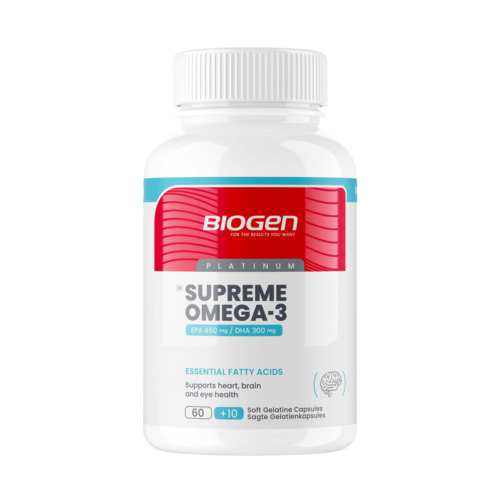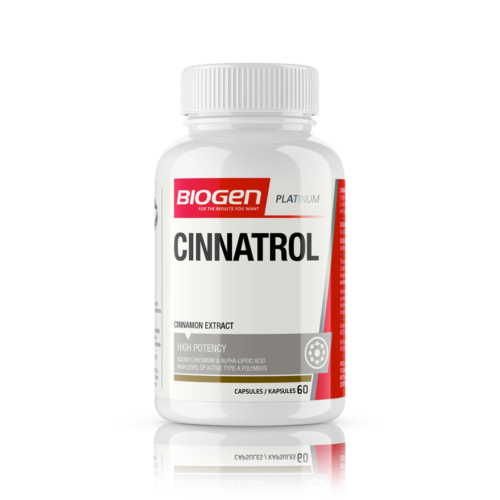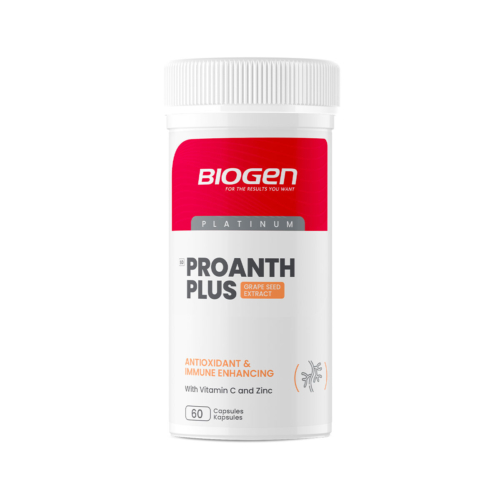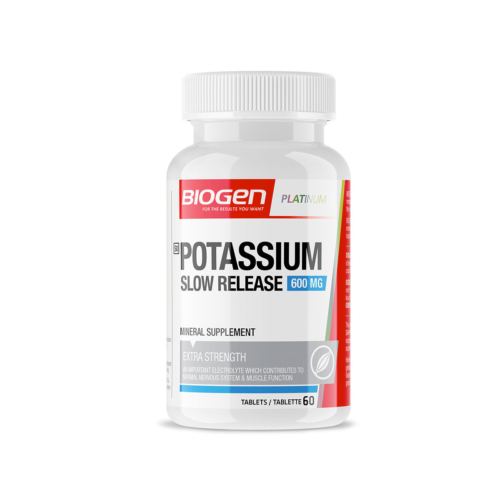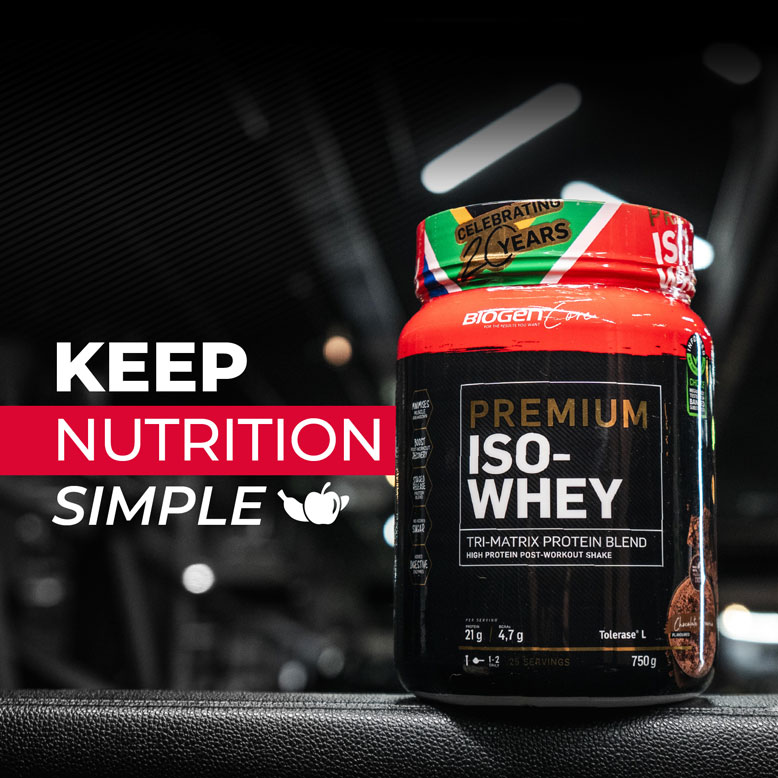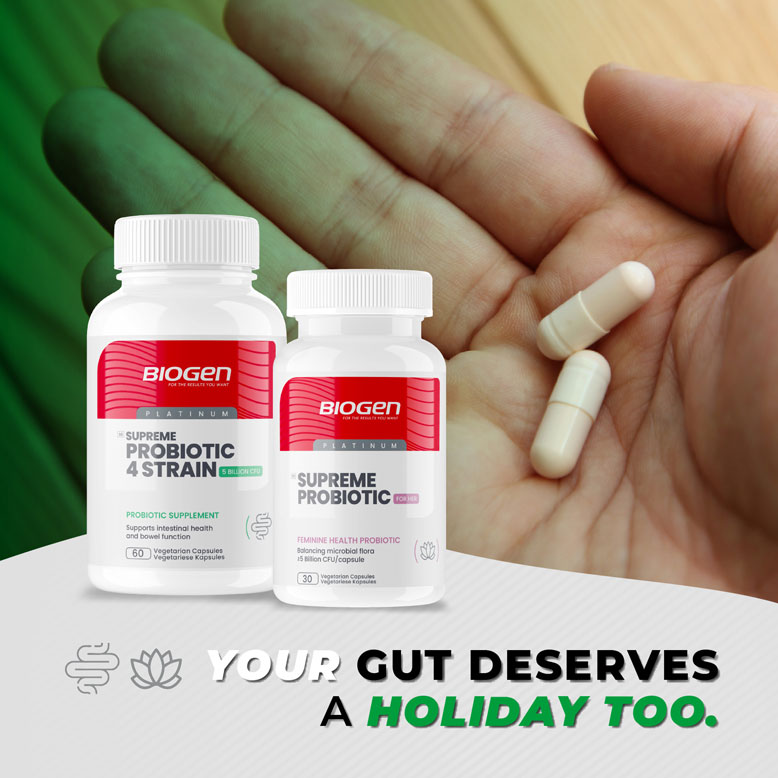
THE HEART IS THE UNIVERSAL SYMBOL FOR LOVE. WHILE THE REASONS BEHIND THIS SYMBOLISM VARY, ONE TRUTH IS THAT THIS POWERFUL AND IMPORTANT ORGAN IS QUOTE LITERALLY OUR LIFE-GIVING FORCE.
Your heart is made up of powerful muscle fibres (known as cardiac muscle) that contract forcefully to send blood circulating around your body to nourish your brain, organs and muscles with vital oxygen and nutrients, and transport other important biological compounds like hormones and immune cells.
The average human heart works tirelessly, beating roughly 72 times a minute – that’s over 100,000 times daily – and pumps about 7,500 litres of blood around your body a day. Yet, despite’s it importance, it is relatively small in size – the heart weighs approximately 250-300g in females and 300-350g in males.
Given this immense workload, it is vital that we take steps to love our heart by strengthening it and supporting it with a healthy lifestyle.
Work your heart muscle
The powerful walls of your heart are made up of cardiac muscle called myocardium, which we can strengthen with exercise.
When we exercise, the size of the heart and the thickness of its walls increase, which creates a stronger, more efficient pump.
That means our heart can push greater volumes of blood around our body with every beat, and requires fewer beats per minute to meet our demands (that’s why your resting heart rate is lower when you are fitter).
In this regard, a study led by University of Oxford researchers found that there is no upper threshold to the benefits of exercise in improving your heart health. Researchers stated that any exercise, no matter how vigorous or for how long, can help to reduce cardiovascular disease risk.
This can be as simple as moving more or walking every day, or through more intense and intentional exercise, especially cardiovascular activities such as running, cycling, skipping or swimming as there are the most efficient at improving heart and lung function.
But weight training can benefit your heart and cardiovascular system in various ways as well. In a meta-analysis published in 2022 in the British Journal of Sports Medicine, data gathered from 16 studies determined that “muscle-strengthening activities were inversely associated with the risk of all-cause mortality and major non-communicable diseases,” including cardiovascular disease.
The heart-healthy diet
What you eat also has a significant impact on your heart, and it seems there are various ways to structure your diet to improve cardiovascular health.
In one relevant study, researchers from the Tel Aviv Sourasky Medical Center in Israel determined that diets high in protein, zinc and vitamin B3, like the Mediterranean Diet, boost heart health, including “better vascular structure and function”.
The Mediterranean diet also includes ‘healthy’ fats, which a study published in The American Journal of Clinical Nutrition affirmed can help improve heart health by lowering cholesterol and stabilising blood sugar. Researchers from the Boston Children’s Hospital, Framingham State University, and Harvard Medical school found that diets rich in unsaturated fats from sources like fatty fish, olive oil, and nuts offered significant benefits.
Additional research presented at the Nutrition 2021 Live Online conference, showed that a plant-centred diet that includes fruits and vegetables, whole grains, nuts, seeds, low-fat dairy, and fish while limiting red and processed meats, sugary treats, salty snacks, and soda can improve heart health to reduce cardiovascular disease and lower stroke risk.
Give your heart some love with supplements
You can support your health-healthy diet with a suitable supplement plan, especially if you follow restrictive eating plans.
There are various supplements that are linked with better heart and overall cardiovascular health, including omega-3 essential fatty acids, magnesium, co-enzyme Q10 (Co-Q10), and B-vitamins, among others.
5 tips for better heart health
- Eat a variety of colours: At least five portions of different types of fruit and vegetables a day helps you get a range of nutrients and antioxidants.
- Have a fish dish. Fish is an excellent source of protein and healthy fats, and contains various vitamins and minerals. It’s recommended that we eat at least two portions of fish per week, including one serving of oily fish.
- Don’t avoid fat. We also need fat in our diet, but the amount and type we eat is vital to acknowledge. Conservative guidelines suggest consuming no more than 10% of your daily fat requirements in the form of saturated fat with the remainder coming from healthy sources of unsaturated fat.
- Move more. Take the stairs instead of the lift, get off the couch and walk the dog, involve the kids and play tag to keep your heart healthy and operating optimally.
- Hydrate. Avoid dehydration by drinking sufficient water (about 1.5-2L per day or drink to thirst), in addition to the fluid we get from the food we eat. Avoid sugary soft and fizzy drinks that are high in added sugars.


